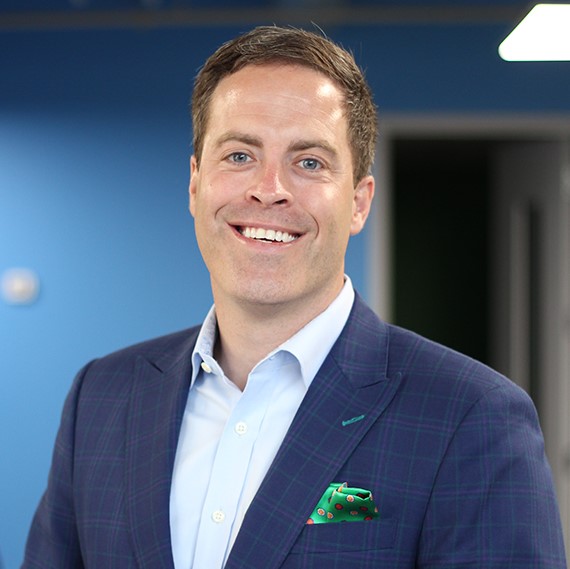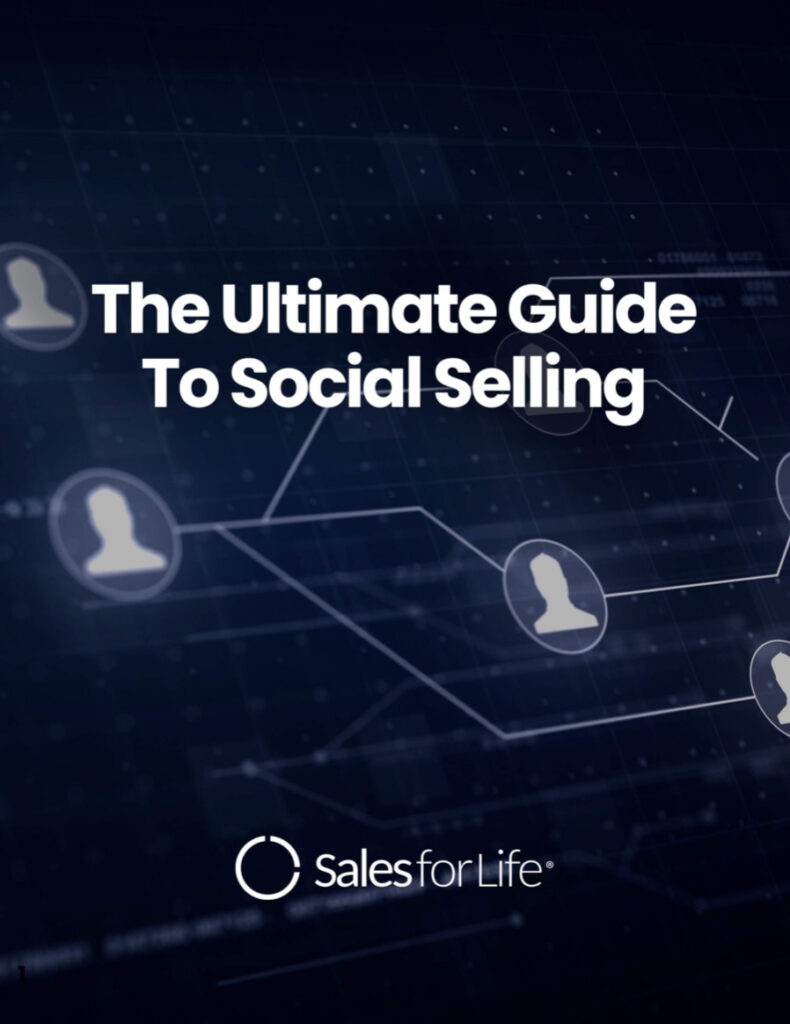 Here is simple analogy: my sister-in-law, a lovely woman, owns a car with my brother in law. My sister-in-law, for most of her life, has always lived in the core of downtown Toronto. She’s never really needed to drive. Now, she’s in her early 30s and has driven maybe a thousand miles in her entire life. She owns a car but hardly ever gets behind the wheel — does that make her a great driver?
Here is simple analogy: my sister-in-law, a lovely woman, owns a car with my brother in law. My sister-in-law, for most of her life, has always lived in the core of downtown Toronto. She’s never really needed to drive. Now, she’s in her early 30s and has driven maybe a thousand miles in her entire life. She owns a car but hardly ever gets behind the wheel — does that make her a great driver?
In that same essence, I want you to think of a sales professional who owns a LinkedIn account. Either a Navigator account you or your company has paid for, or just a regular account. Like my sister-in-law with her car, this sales professional barely uses their account or doesn’t really know how. They use it from time to time, like my sister-in-law. She knows that a car gets from ‘A’ to ‘B’, that’s about it. But does does that make her a racecar driver? The answer is no.
Does you, as a sales professional, owning and using LinkedIn once or twice a week for half an hour make you a social seller? Absolutely not! Because driving a racecar takes a lot more time, dedication and practise than owning a racecar, or even a car.
As we dive deeper into this analogy, you could break up LinkedIn’s core value for sales professionals into two major buckets.
- Finding relationships and developing those you want to do business with.
- This means leveraging the greatest database in the world.
- Turning self-education into educating your customer, then engaging your customer.
- In essence, a communications plan.
When you boil it down, LinkedIn is a source to data and one of the most amazing communications vehicles created in the 21st century.
If you just define LinkedIn as a social platform with dead-end communications, if you think it’s just a means to an end, collecting data or communicating with the buyer, then you are mistaken. LinkedIn is only one part of being a social seller.
That’s the difference between owning a car and being a racecar driver. You might own a vehicle to get you from point A to point B, but you don’t know what that car is capable of; you haven’t experienced the feeling of driving around the Nürburgring race track in Germany; you’re not a professional driver.
One of the social selling pioneers, Tim Hughes agrees with our methodology. In a recent blog post he also said, “LinkedIn does NOT equal being a social seller.”
When it comes to just data alone, there are all kinds of tools, free tools that people and sales pros are using. Some of them:
-
Google alerts to monitor trigger events.
-
Accumulating the best blog content in the world with Feedly or Twitter lists.
-
Scheduling and sharing this content with your network using Buffer or employee advocacy like EveryoneSocial.
With these free tools I’m able to acquire information from Harvard Business Review or any topic in the world, enabling me to find valuable information on stakeholders, or monitor changes in the market, macro or micro.
When it comes to excelling at communications, LinkedIn is amazing. So is the telephone, Twitter or Facebook. On behalf your customer success, Facebook is an incredible way to communicate with your buyer, and build an entirely different level of volume and relationship with your customer.
Coming back to our analogy, if your organization bought 50 or 500 Sales Navigator licenses, you might think that’s fantastic. Your organization just went out and bought a fleet of cars. There are teams that may show you how to drive around the block, do a little defensive driving course, well that’s great. But I’m not putting you on the race track. And if the business is reliant on you hitting certain lap times, these are your company’s goals. They set pipeline goals, revenue goals, aggressive goals – that’s racing!
And if you take a couple defensive driving courses, you’re going to get into your race car and start crushing laps, you are solely mistaken. You as an organization need to understand and start working on not just defensive driving, but becoming racecar drivers as one team. Racecar drivers drive as team, and they learn a lot more than just a couple of clicks and tweaks to use the tool.
The bottom line here is that using LinkedIn does not magically turn you into a social seller. To become a pro at anything requires proper training, practise, and reinforcement for long-term behavioural change. Recent data from Sales for Life reveals companies who implement proper social selling training are 30% more likely to hit their revenue goals in the past 12 months versus those without proper training. Without proper training means a non-formalized approach, like buying a racecar, never taking lessons and trying to win a race, or buying a bunch of Sales Navigator licenses without ever really teaching your sales team how to properly use them.
{{cta(‘ec55a9f6-f4e1-449d-870d-899a003e60a8’)}}



